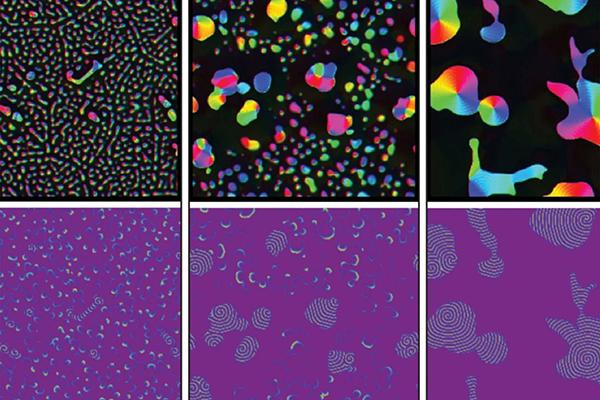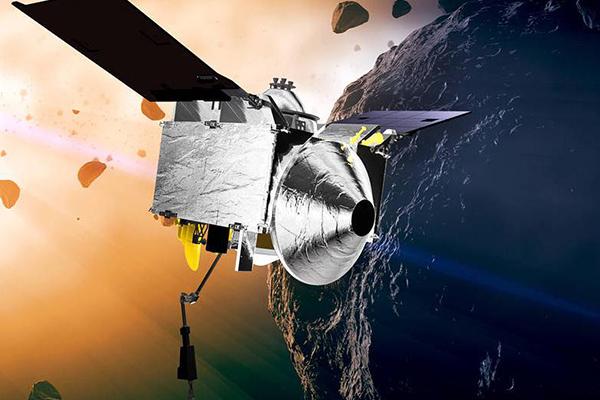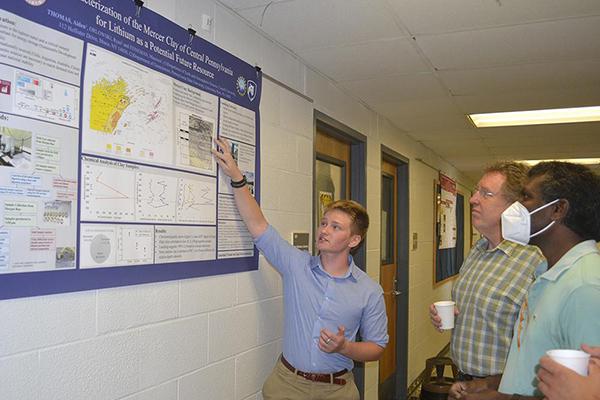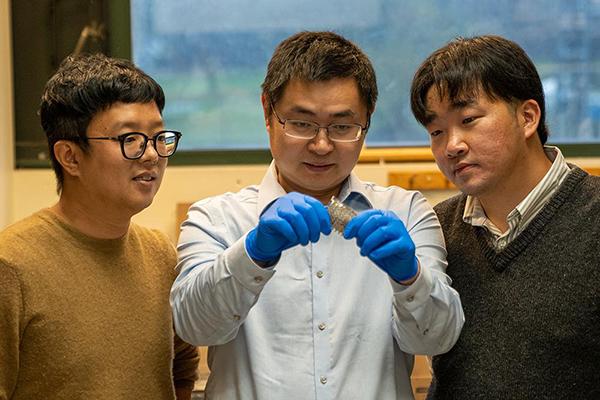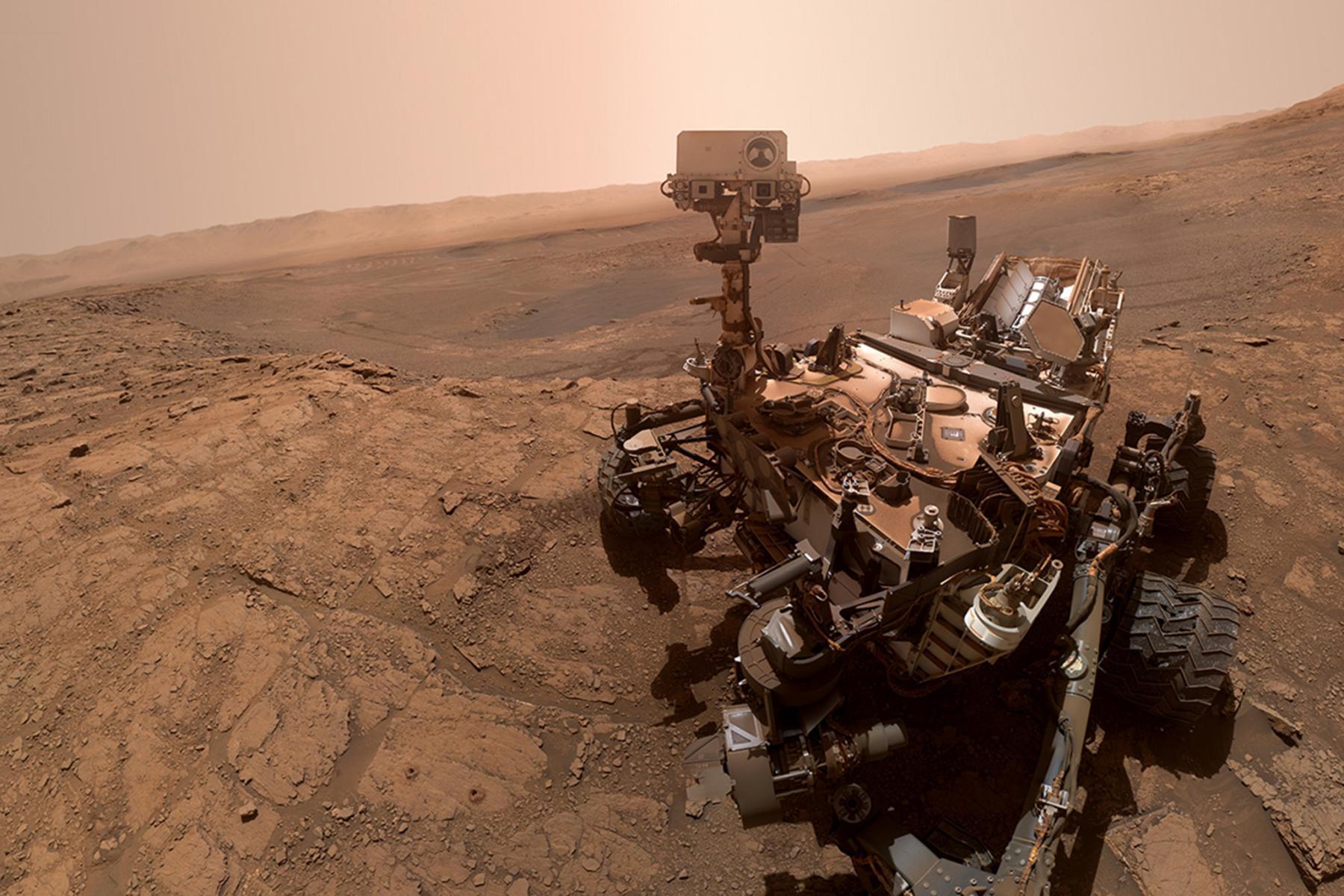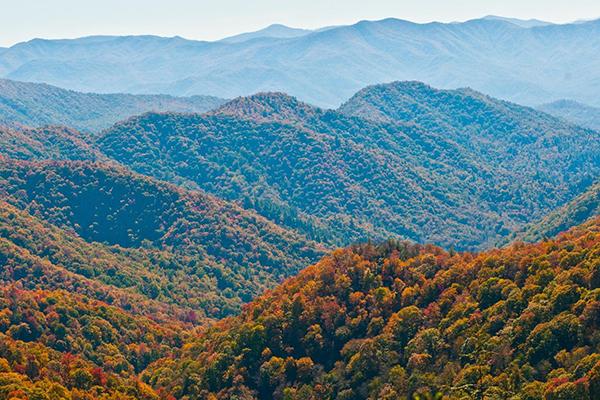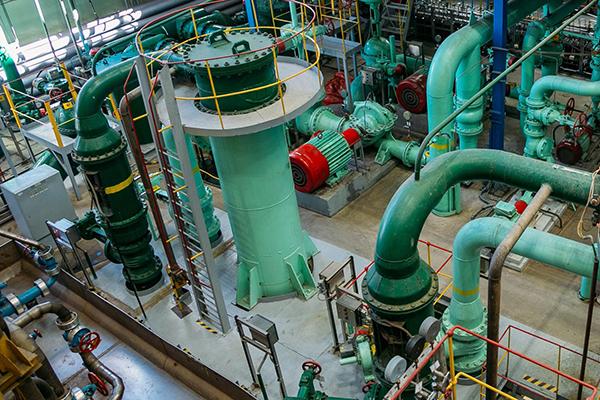Read the latest news about research conducted by investigators in the College of Earth and Mineral Sciences. Our faculty and students are continually advancing technology, creating solutions and expanding knowledge with new and innovative research.
News
From a distance, they looked like clouds of dust. Yet, the swarm of microrobots in author Michael Crichton’s bestseller “Prey” was self-organized. It acted with rudimentary intelligence, learning, evolving and communicating with itself to grow more powerful.
A new type of active pixel sensor that uses a novel two-dimensional material may both enable ultra-sharp cellphone photos and create a new class of extremely energy-efficient Internet of Things (IoT) sensors, according to a team of Penn State researchers.
Three Penn State faculty — Kate Freeman, Evan Pugh University Professor of Geosciences, Christopher House, professor of geosciences, and Allison Baczynski, associate research professor of geosciences — have been selected to join the NASA Origins, Spectral Interpretation, Resource Identification, and Security–Regolith Explorer (OSIRIS-REx) mission to analyze samples from the asteroid Bennu.
The geosciences fields are at a turning point, where the jobs of the next 50 years are likely to be quite different from the jobs of the last 50 years.
Electronic devices, such as robotics or medical devices, are becoming more flexible as technology advances, so Penn State researchers have developed a fully rubbery stretchable diode that maintains performance.
This fall, NASA’s Curiosity rover reached new heights.
Srinivas Chokkakula, Ministry of Jal Shakti Research Chair with the Centre for Policy Research in New Delhi, will give the talk “Conflicts and Complicit Climate Change: Transboundary Water Governance in South Asia” as part of the Department of Geography’s Coffee Hour lecture series.
Soft, elastic semiconductors and circuits could advance wearable medical devices and other emerging technologies, but the high-performance electronics are difficult and expensive to manufacture.
A small percentage of land and coastal waters provides most of the global population with the ecosystem services needed to support human well-being, and maintaining these areas can advance the United Nations’ development, climate and biodiversity conservation goals, according to an international team of researchers.
A team of researchers at Penn State is investigating how contaminants in power plant water cycles affect the integrity of steel pipes and tubing in power generation systems.



